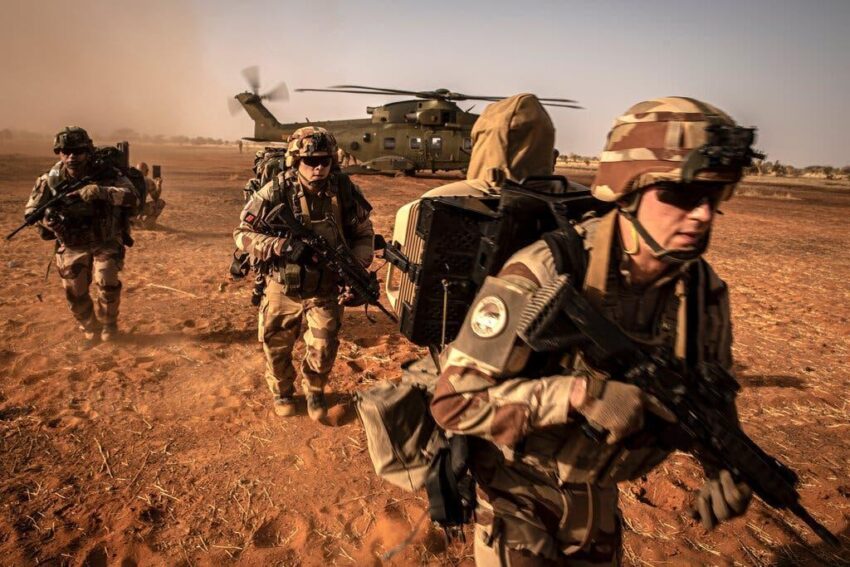French Military Withdrawal from Senegal Marks Historic Shift
On Thursday, France officially closed its final two military bases in Senegal, marking a significant shift in its military presence in West and Central Africa. This event concludes a 65-year era of French military involvement in Senegal and resonates with a broader movement across the continent, as former colonies increasingly seek to assert their independence from their historical colonizers. The backdrop to this development is the escalating jihadist conflict in the Sahel region, which poses growing security concerns for neighboring nations, particularly those along the Gulf of Guinea.
The closure involved both the return of Camp Gélie, France’s largest base in West Africa, and its airfield at Dakar Airport. The handover was formalized in a ceremony that included prominent figures such as Senegalese Chief of Staff General Mbaye Cisse and General Pascal Ianni, the head of French forces in Africa. General Cisse described the event as a pivotal moment in the military relations between Senegal and France, emphasizing the shift towards strategic autonomy for Senegalese forces.
Shifting Relationships and New Objectives
General Ianni remarked on the significance of this transition, noting that France is “reinventing partnerships in a dynamic Africa.” He stressed that the two countries are “turning a page” in their military history, signifying a crucial moment not only for Senegal but for the broader region as well. This evolving relationship reflects Senegal’s desire to enhance its own military capabilities while still maintaining a collaborative approach with France.
The phased withdrawal of approximately 350 French soldiers, engaged in joint operations with the Senegalese military, concluded a three-month process initiated in March. Following his election victory in 2024, Senegal’s President Bassirou Diomaye Faye expressed his commitment to a complete withdrawal of French troops by 2025—though he has also indicated a willingness to maintain cooperative ties with Paris, unlike other former colonies that have severed these connections.
A Historical Ally
Since gaining independence in 1960, Senegal has been one of France’s most steadfast allies in Africa, consistently hosting French troops. Preceding President Macky Sall upheld this legacy, but President Faye has campaigned on a platform calling for a departure from such longstanding traditions. He contends that Senegal should engage with France on par with any other foreign partner, underlining a shift towards greater national self-reliance.
Faye has underscored the importance of Senegal’s sovereignty, declaring, “Senegal is an independent country, it is a sovereign country, and sovereignty does not tolerate the presence of military bases in a sovereign state.” Additionally, he has urged France to acknowledge its colonial past and address grievances stemming from historical injustices, including the massacre of African soldiers during World War II.
Responding to Regional Pressures
As skepticism grows regarding France’s military presence in Africa, the country has begun to close bases and pull back military personnel throughout its former colonies. Notably, in February, France withdrew from its last remaining base in Ivory Coast, signaling the end of a long-standing military footprint there. This withdrawal trend is complemented by similar actions in Chad, reflecting a broader reorientation of French military strategy in the region.
Contrary to Senegal’s path, military coups in Burkina Faso, Mali, and Niger have resulted in leaders rejecting French influence while seeking alliances with Russia to address ongoing jihadist threats. In the Central African Republic, another country with historical ties to France, local demands for withdrawal exemplify a growing discontent with foreign military presence. Following the recent withdrawals, Djibouti remains the sole host of a permanent French military base in Africa, serving as France’s operational headquarters for the continent.







